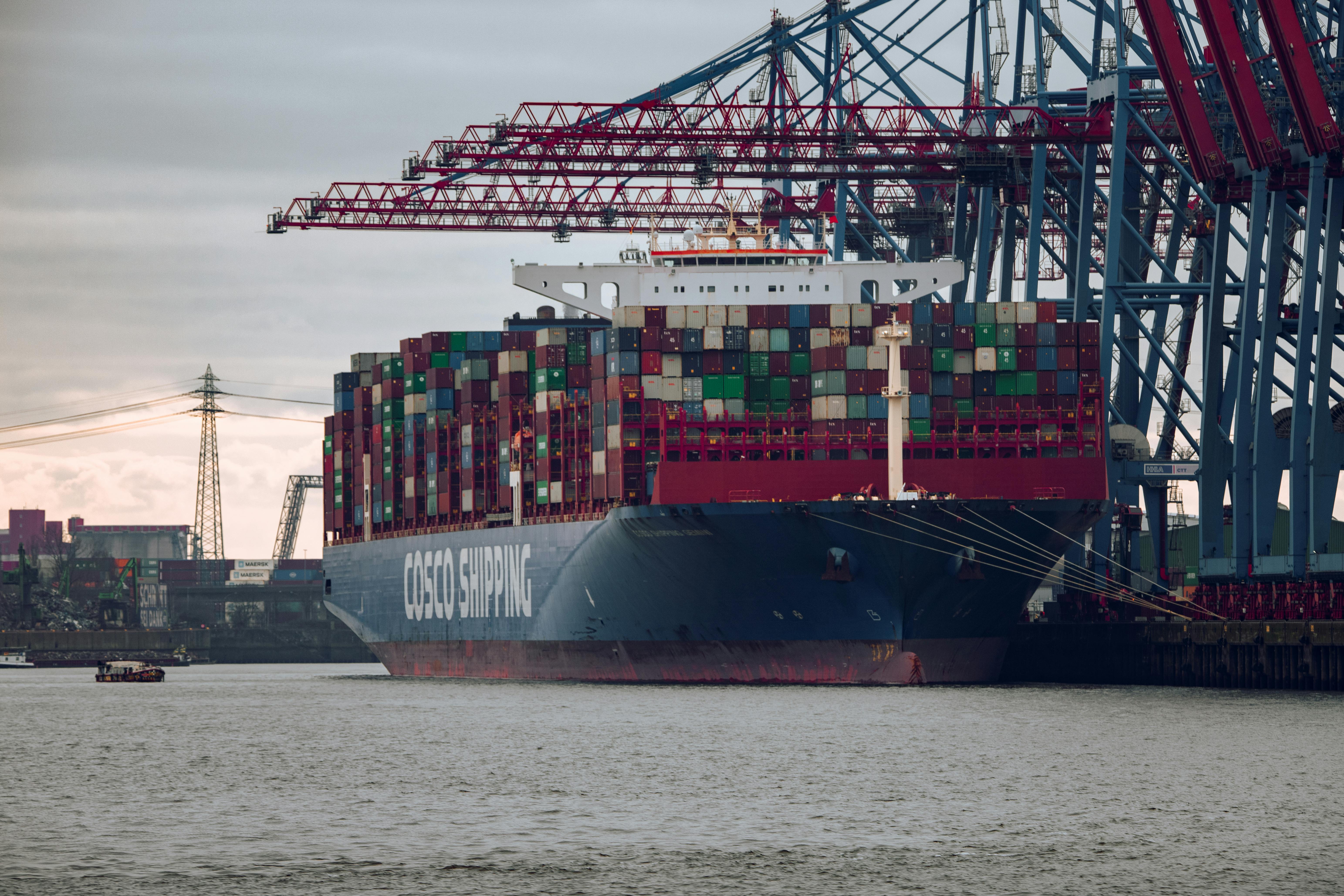COSCO Pledges Stability Ahead of US Port Fee Increases

With less than a month to go before the United States introduces new port fees targeting China-linked vessels, COSCO, the world’s fourth-largest container carrier, has assured customers that it will maintain stable transpacific service.
In a client notice, COSCO acknowledged that the upcoming fees from the US Trade Representative (USTR) could create operational challenges but emphasized its commitment to reliable capacity deployment and service quality.
“We will maintain competitive rates and surcharges, along with related policies that align with market conditions,” the Beijing-based company said.
Analysts warn the new regime, scheduled to begin October 14 though still lacking finalized rules, could hit COSCO and its Hong Kong-listed subsidiary OOCL with combined costs exceeding $2.1 billion in 2026. Customs & Border Protection is currently developing the fee collection framework.
HSBC estimates COSCO could face $1.5 billion in charges—around 5.3% of forecast 2026 revenues—while OOCL may owe $654 million, equal to 7.1% of projections. The model assumes a $600 per feu levy on a 10,000 teu vessel, representing more than a quarter of the current Shanghai–US West Coast spot rate.
To offset the impact, HSBC suggested COSCO and OOCL could lean on Ocean Alliance partners CMA CGM and Evergreen, deploying more Korean- and Japanese-built ships on transpacific trades while reallocating Chinese-built tonnage elsewhere. Another option already being explored involves rerouting cargo via Mexico, Canada, or Caribbean hubs, with new Mexico services recently announced.
Analysts also noted that operators may retain older non-Chinese-built ships, which make up 93% of the 20-year-plus fleet, instead of scrapping them, potentially tightening capacity in the near term.
OOCL’s parent company, Orient Overseas (International) Ltd (OOIL), acknowledged last month that the USTR fees could have a “relatively large impact” on operations.
Meanwhile, Drewry data show a 20% decline in the number of China-built ships serving US routes in recent months. Some industry observers, however, remain skeptical that the October 14 deadline will be enforced, suggesting it could be delayed or scrapped as part of broader US-China trade negotiations.
“Not everyone is convinced that the October 14 USTR port call fees on China-made vessels and operators will materialise, as the issue may be part of the ongoing US-China negotiations,” said Judah Levine, head of research at Freightos.